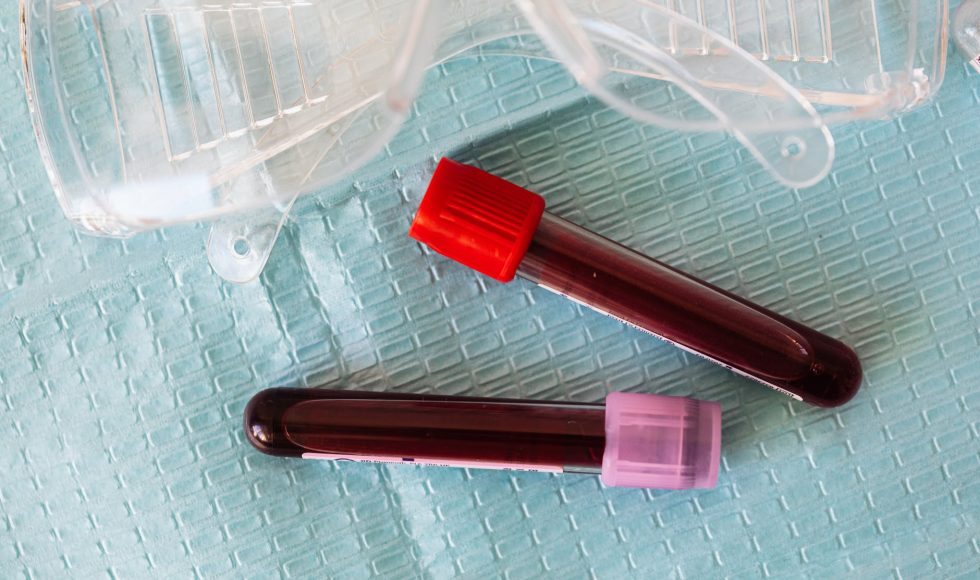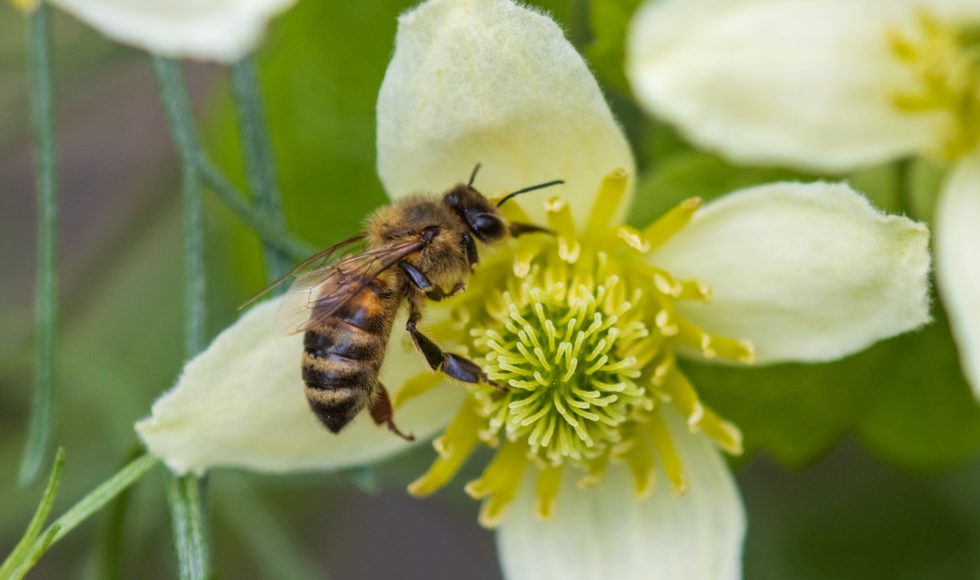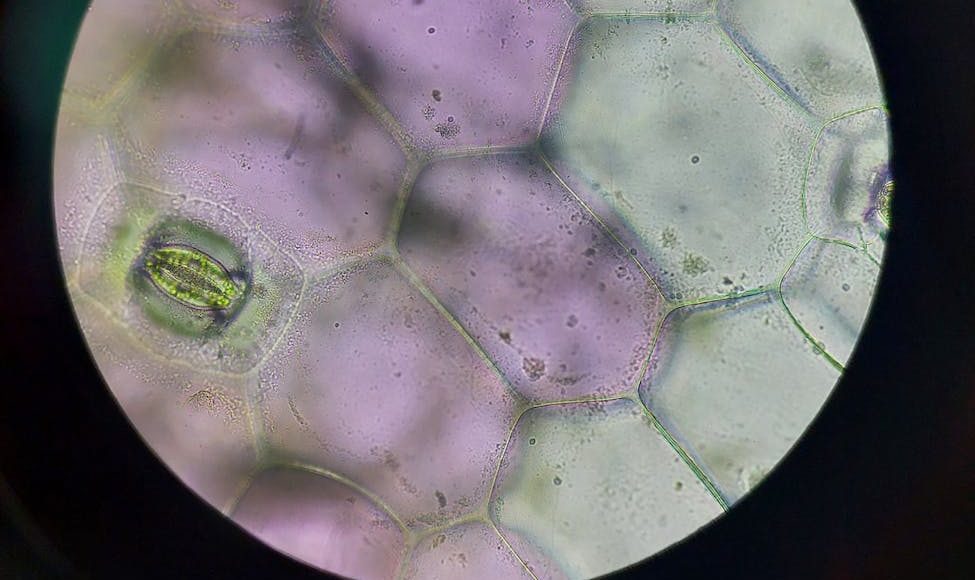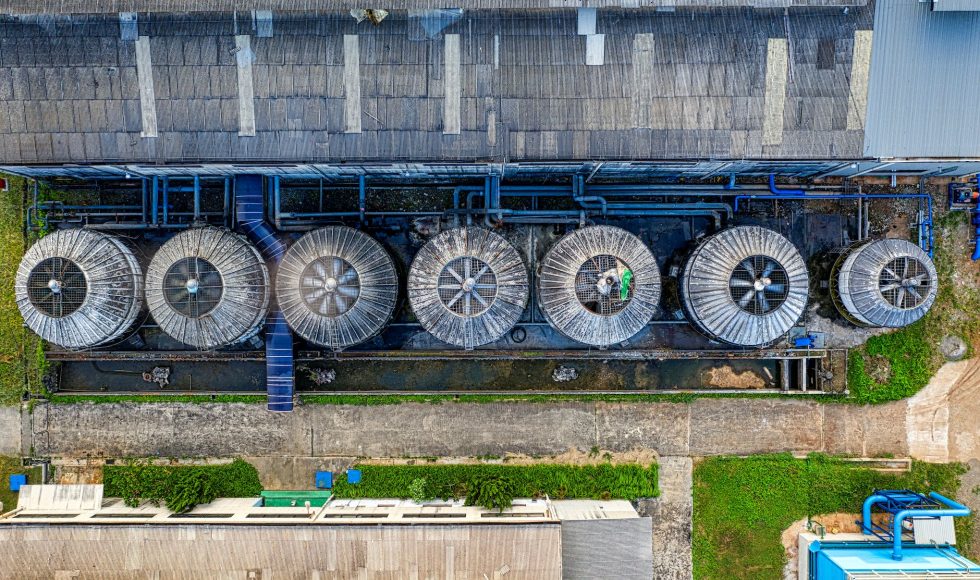Tonight I started watching videos from London Calling 2023! I started with the presentation by Jonathan Broadbent from the Ontario Institute for Cancer Research & the University of Toronto, Canada. Broadbent presented about “Nanomix: methylation-based cell-type deconvolution for low-pass nanopore sequencing.” They defined cell-free DNA (cfDNA) as “a mix of DNA from blood cells and […]
Anna Glushkevich from the Shmyakin-Ovchinnikov Institute of Bioorganic Chemistry in the Russian Federation, presented at the Nanopore Community Meeting 2021 on “Direct RNA sequencing reveals unusual NMD targets in plants.” They study nonsense-mediated RNA decay (NMD), a mechanism that regulates up to 10% of cellular transcripts! This is the second time I hear about Nanopore […]
Jeremy Wang from the University of North Carolina at Chapel Hill presented at the Nanopore Community Meeting 2021 on “Classification of pediatric acute leukemia using full-length transcriptomics.” This research was a collaboration for a pediatric oncologist also at UNC. They spoke about the variation in treatment of pediatric cancers based on local. Cellular and genetic […]
Tonight I watched the Nanopore Community Meeting 2021 session by Jesse Bruijnesteijn from the Biomedical Primate Research Center in the Netherlands. Their session was entitled “Rapid characterization of complex killer cell immunoglobulin-like receptor regions using Cas9 enrichment and nanopore sequencing.” They began by explaining the role of NK cell activation in recognizing inhibitory and activating […]
Anna Cusco from Vetgenomics in Spain spoke at the 2021 Nanopore Community Meeting about “Long-read metagenomics and Hi-C proximity ligation to characterize a canine fecal microbiome.” They have been characterizing microbiomes using metagenomics and Hi-C. The (now) classical approach is amplicon sequencing; however, it allows for taxonomic classification but not everything can be detected. With […]
Alexander Payne from the University of Nottingham in the UK presented at the 2021 Nanopore Community Meeting about “Barcode-specific adaptive sampling – from human gene panels to viral amplicons.” They spoke about ReadFish or “Read Until” which is an adaptive sampling toolkit. They ran an experiment with four different species to test adaptive sampling for […]
Marcus Stoiber, a Senior Data Analyst at Oxford Nanopore Technologies (ONT), presented on “Nanopore methylation: a better way to mods” at the Nanopore Community Meeting 2021. Stoiber and team devised the Remora modified base detection framework. Remora separates methylation/modified base calling from the basecalling neural networks. This separation provides high accuracy for methylation calls and […]
High E. Olsen from the University of California, Santa Cruz presented at the Nanopore Community Meeting 2021 on “Detecting SARS-CoV-2 and other pathogens in aerosols at wastewater treatment plants.” The title is really intriguing! Wastewater, Olsen said, is a catalog of human pathogens and also a source of aerosols because of the aerators used. The […]
Ian Henderson from the University of Cambridge in the UK spoke at the Nanopore Community Meeting 2021 about “The genetic and epigenetic landscape of the Arabidopsis centromeres.” They referred to the centromeres as “the black holes of the genome” and explained the “centromere paradox” because of their conserved function and diverse structure. Henderson and team […]
Abdou Padane from the Institute for Health Research, Epidemiological Surveillance and Training (IRESSSEF) in Senegal, spoke at the Nanopore Community MEeting 2021 about the “Molecular distribution of SARS-CoV-2 in Senegal.” Padane is a medical researcher, doctoral student, and manager for the BSL3 lab! They noted that Senegal is a West African country with free movement […]











